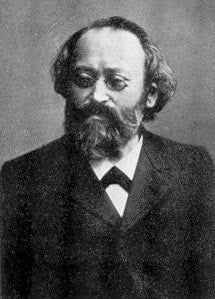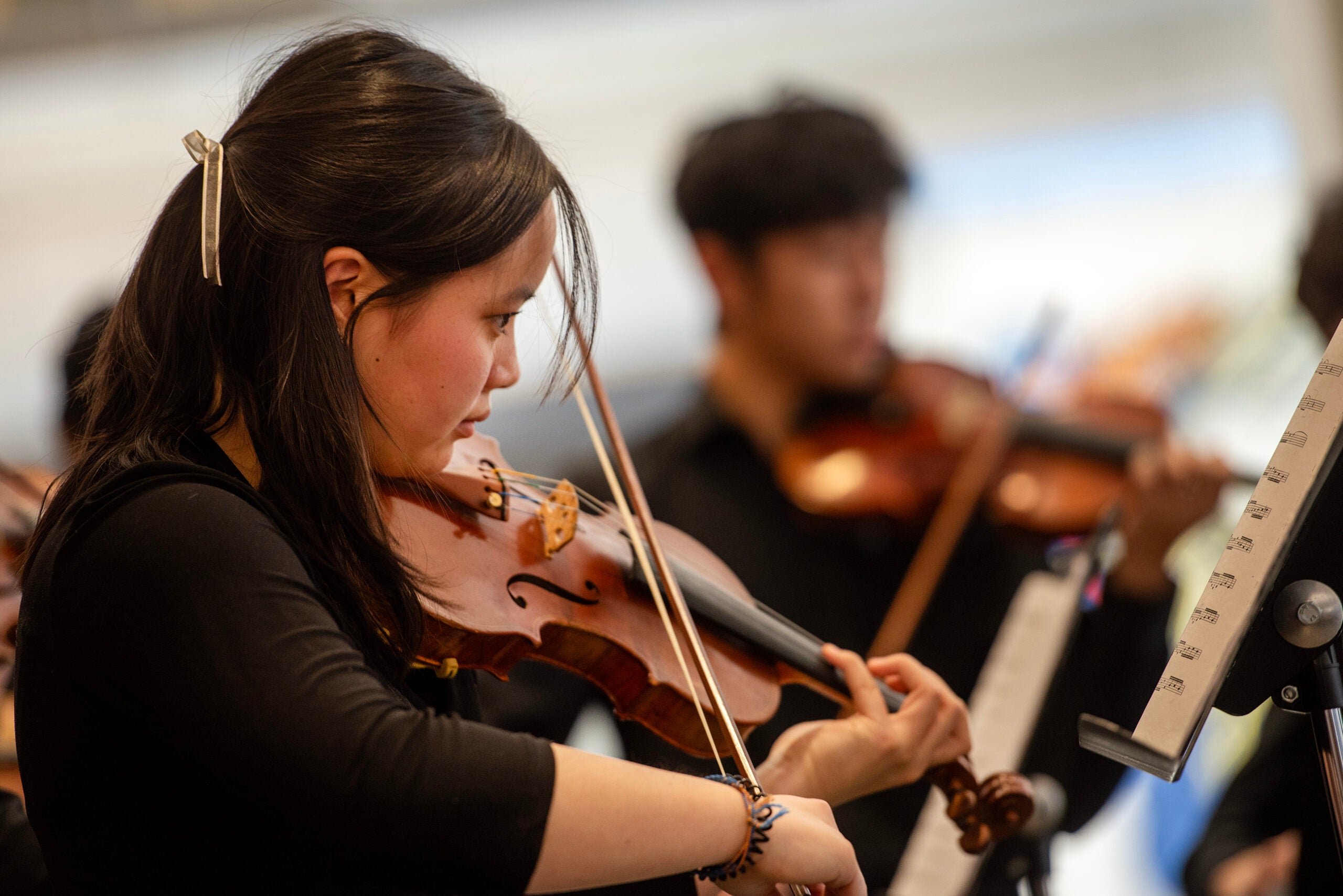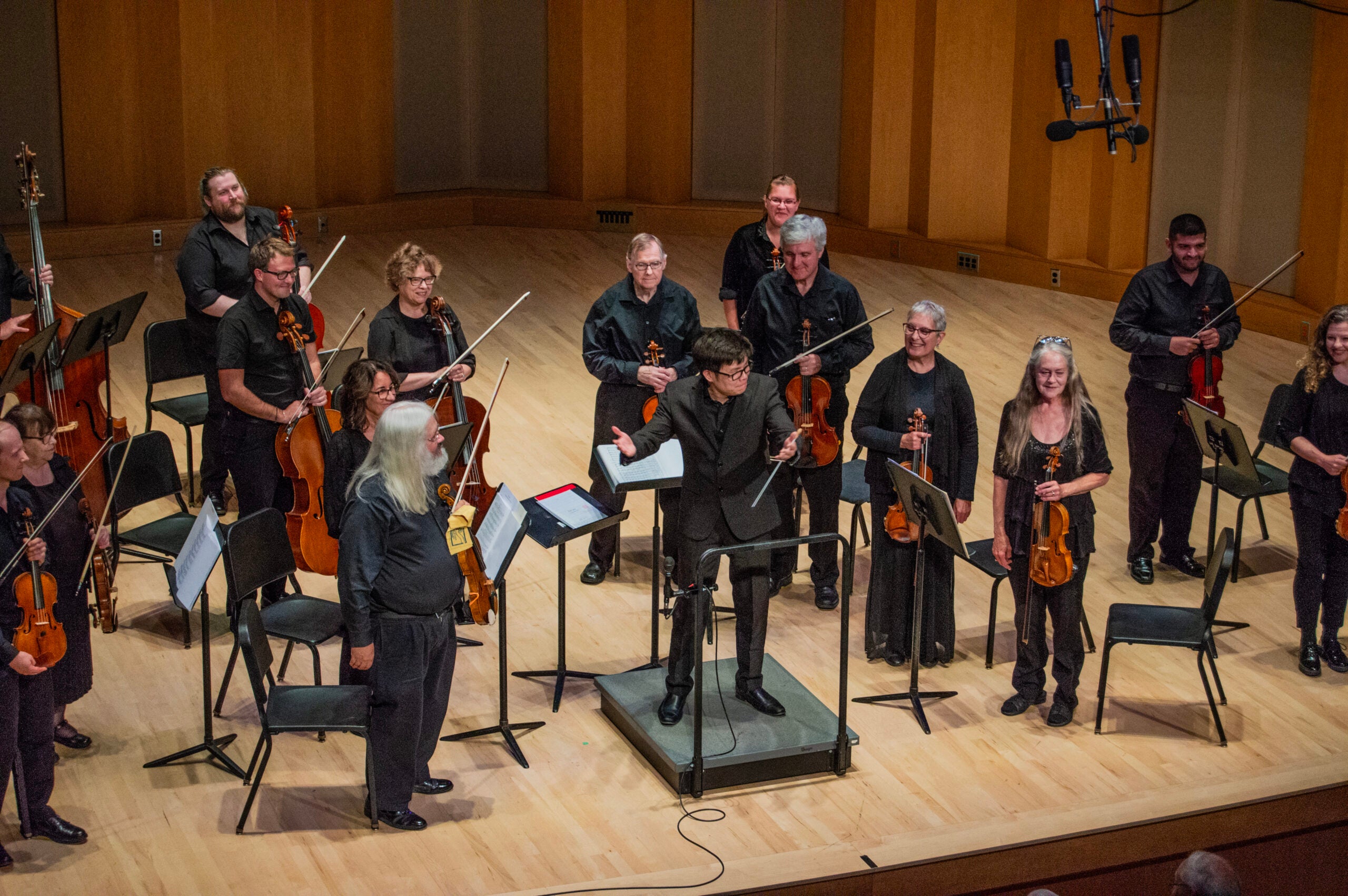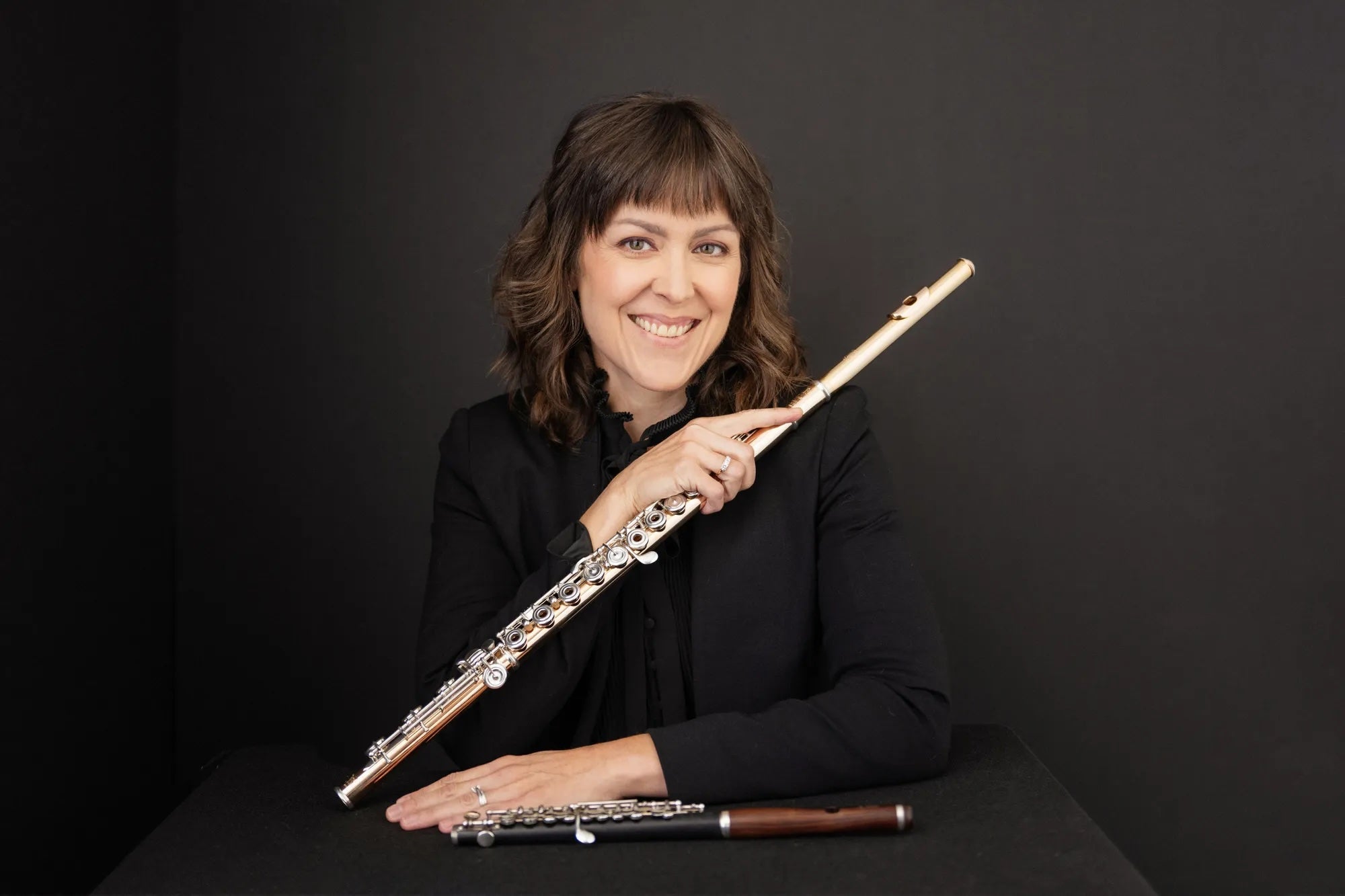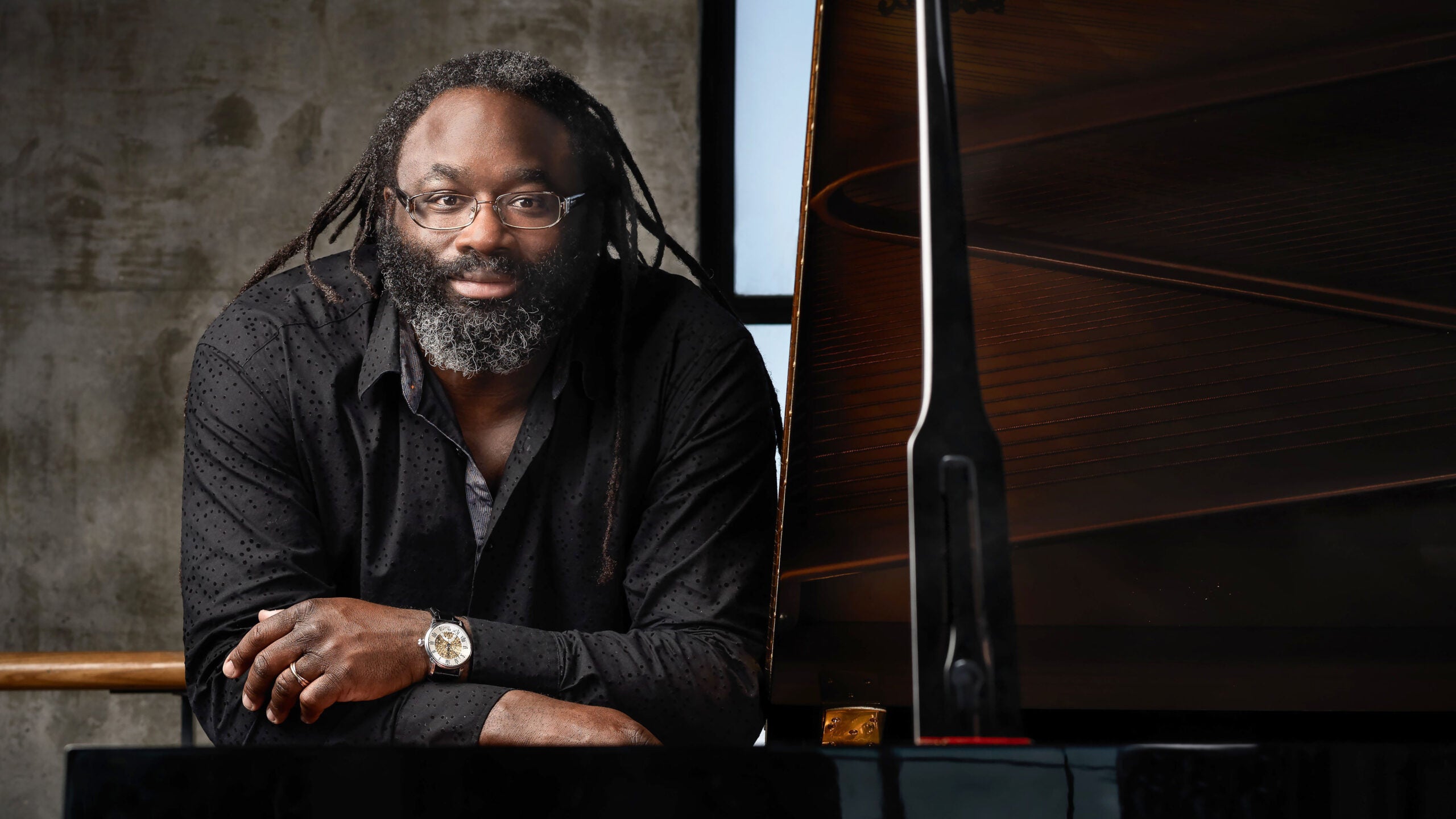The two sisters from Baltimore so impressed Max Bruch with their performance of his Fantasy for Two Pianos that he agreed to write a two-piano concerto for them. Writing it would be relatively easy, putting it back together would be the hard part.
When Ottilie and Rose Sutro asked Bruch to write the concerto for them, he was in need of some cash because the outbreak of World War I had cut off his royalties from performances of his works abroad. He reworked the unpublished Third Suite for organ and orchestra that he had begun while vacationing in Capri in 1904, and the sisters gave the first public performance of the two-piano concerto in Philadelphia on December 29, 1916, with the Philadelphia Orchestra conducted by Leopold Stokowski.
But the work the sisters played was not what Bruch had sent them. Without telling anyone, they had re-orchestrated the concerto and simplified the piano parts. A reviewer pointed out that the solos were often so submerged in the orchestra that it was hard to tell how good the soloists were.
Stay informed on the latest news
Sign up for WPR’s email newsletter.
The sisters copyrighted their version of the concerto and sent it to the Library of Congress, although they seem to have sneaked it back out for the sake of further revisions.
Ottilie died in 1970 at the age of ninety-eight, Rose having pre-deceased her by thirteen years. After the auction of her belongings, one item remained–a trunk full of scraps of music that pianist Nathan Twining bought for $11. He and pianist Martin Berkofsky played through the fragments of the reworked concerto and discovered that the sisters had continued to write revisions to it over the course of forty years, although they hadn’t performed it since 1917.
After a painstaking reconstruction, Bruch’s concerto nearly slipped from sight again because Twining and Berkofsky argued over the possession of its copyright. But after most of a century, Bruch’s Concerto for Two Pianos finally saw the light of day.
Wisconsin Public Radio, © Copyright 2024, Board of Regents of the University of Wisconsin System and Wisconsin Educational Communications Board.

